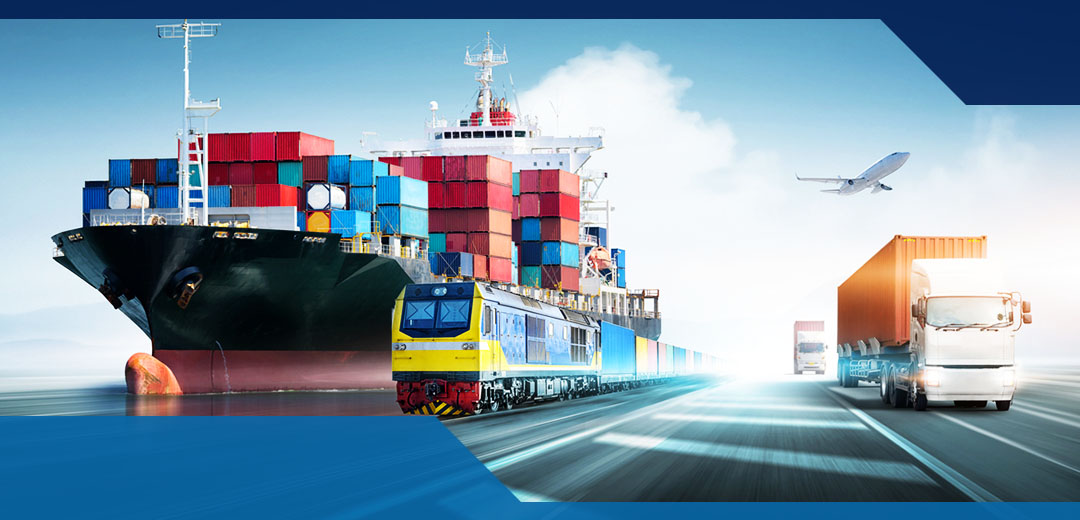Cargo Expedition: The Vital Function of Logistics in International Trade
Cargo Expedition: The Vital Function of Logistics in International Trade
Blog Article
Cargo trips play a crucial element in the seamless flow of goods across the globe they are the backbone of international trade and commerce. Whether transporting raw materials, completed products, or food items that are perishable, cargo trips make sure supply chains run smoothly and safely. Globalization is accelerating the connectivity of markets, the need for efficient and reliable cargo services has never been higher. The sector is a complex mix of logistics advanced technology, the latest in cutting-edge technologies, and robust infrastructure to meet the demands of modern businesses all over the world. From air cargo to ocean shipping, and even the transport of goods on land, cargo excursions are the lifeline of global trade, bridging the gaps between suppliers, manufacturers, and consumers.
The flexibility of cargo trips comes from their ability to adapt to various modes of transportation that meet particular needs for shipping. The speed of air freight is unbeatable and is favored for high-value or time-sensitive shipments like electronics and medical supplies. Ocean freight has the upper hand in terms of volume as it facilitates transport of bulk commodities, such as petroleum products, agricultural goods such as cars and agricultural products. Land transportation, comprising railroad networks and trucks connects airports, ports, and ports with their destinations. This provides comprehensive logistics solutions. Integration of these transport methods into multimodal systems enables cargo transports to achieve an equilibrium between efficiency costs, price, and delivery timeframes. This makes them essential for businesses of any size.
Advancements in technology have revolutionized the industry of cargo transport which has led to greater efficiency, transparency, and confidence. The real-time tracking system provides businesses with the capability of monitoring the progress of their cargo, providing updates to make it easier to plan and reduce uncertainty. Blockchain technology is becoming increasingly utilized for securing supply chain information providing transparency, while also reducing the chance of errors or fraud. Machine learning and artificial intelligence are optimizing logistics, predicting delay possibilities, as well as allowing intelligent route planning that saves the time and energy. Automation of warehouses, like automated sorting machines, increases efficiency. Technological innovations do more than streamline processes but also build confidence between logistic providers as well as their customers, enhancing the reliability of the system.
In a world where the logistics industry grows, technology has played a growing role in the development of cargo-related expeditions. Innovative tracking technologies along with digital documentation as well as automatic Cargo Expedition handling are changing the way goods are handled throughout the process of expedition. The use of RFID and GPS technology allows immediate tracking of the shipments, providing both the shipping business and client with the most current information regarding the location of the cargo. The advancements in technology have made it easier to monitor the progress of cargo and ensuring that any delay or problems are swiftly taken care of. Digitalization also has improved process of documentation, which has reduced the necessity for paper-based documentation and making the clearance of cargo much more efficient. To get added information please visit Muat
Sustainability in the environment has been an increasingly pressing issue for industry of cargo transport. The transportation sector, particularly air and sea freight, is one of the major contributors to global carbon emissions. As the world faces growing environmental problems, a number of businesses work to lessen the environmental impact of transportation for cargo. It has resulted in technological advancements such as the development of more energy efficient shipping vessels, the usage of biofuels to fuel aviation and the development of electric trucks for transporting goods on land. Logistics companies are looking to reduce their fuel use by utilizing more efficient routes and the consolidation of shipments to limit the amount of travel required. Moving towards greener methods for cargo transport is not solely beneficial for the environment but also for businesses, as governments and consumers tend to favor companies that have sustainable methods.
The demand for cargo expedition solutions is largely influenced by the growing popularity of online commerce, which has dramatically changed how goods are sold and bought. The internet has brought about an international marketplace in which goods are sold to customers from all continents, and demand faster and more reliable delivery services. The major e-commerce firms, such as Amazon and Alibaba have transformed logistics by integrating sophisticated technology into their supply chains. This enables their customers to receive delivery in near-instant times. The standard has been raised for other businesses, forcing them to invest in efficient freight expedition services to stay efficient. Since e-commerce is growing, the need for streamlined and effective cargo services will become more important more than ever before, creating new logistics infrastructures across the world and driving innovation across the field.